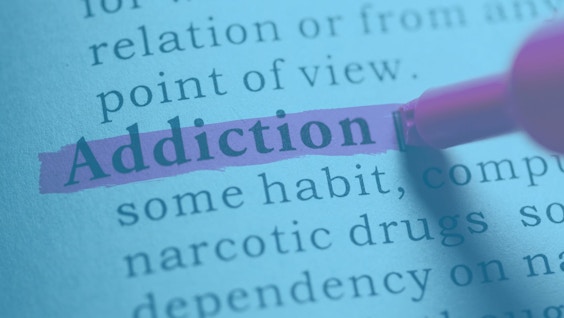
5 Ecstasy Addiction Signs and Symptoms
Last Updated: Tue, January 23, 2024Ecstasy is a popular club drug that induces the release of norepinephrine, dopamine, and serotonin. It then delays the body’s capability to reabsorb the said neurotransmitters. As a result, the user experiences great feelings often referred to as a high.
However, this feeling often leads to tolerance. Consequently, users will show ecstasy addiction signs and symptoms indicating drug dependence and abuse.
But how do you exactly tell if someone is addicted to ecstasy? Are there any telltale signs or symptoms?
In this post, we will talk about ecstasy and ecstasy addiction signs and symptoms.
Why Is Ecstasy Addictive?
Ecstasy is a street name for the synthetic psychoactive drug MDMA (3,4-methylenedioxy-methamphetamine). Molly, E, X, and XTC are other names for ecstasy.
As you may well know, ecstasy is an addictive drug. MDMA makes the brain produce excessive dopamine, serotonin, and norepinephrine.
These substances create feelings of pleasure and happiness. They also decrease depression and anxiety. However, once ecstasy leaves the body, the brain compensates by making less of the said substances.
As a result, ecstasy users experience confusion, depression, anxiety, sleep problems, and cravings after using the drug. These also happen even if it’s the person's first time using ecstasy.
The heavier the abuse of ecstasy, the longer these effects last. Although, some long-term effects occur because of mixing ecstasy with other drugs and alcohol.
Ecstasy Addiction Signs and Symptoms
Here are the most common ecstasy addiction signs and symptoms:
1. Relationship Changes
Many conversations surrounding ecstasy addiction tend to focus on the psychological and physical effects of the substance. However, the effects of ecstasy drug addiction go beyond the physical and psychological. These issues also involve someone’s social health and well-being.
In simpler terms, social health describes one’s relationships and the capability to maintain healthy relations.
A socially healthy person has a support system connected with an individual's success, happiness, and confidence.
However, ecstasy addiction damages one’s social health. All kinds of relationships— family, friends, and intimate partners— go under enormous strain when someone becomes addicted to ecstasy.
2. Daily Life Difficulties
Once someone becomes addicted to ecstasy, the substance becomes the priority of that person’s life. If you get addicted to ecstasy, you will often find yourself spending more time thinking about the substance.
This means that you would spend less time on daily activities he used to enjoy. These activities include your hobbies and daily responsibilities.
One prevalent ecstasy addiction sign will also manifest in your work or school life. This sign involves not performing as well as you did at school or work before ecstasy use.
In addition, your attendance and career would likely suffer since your full attention will not be on your job or studies.
3. Lying or Secretive Behavior
The third ecstasy addiction sign is lying or secretive behavior.
Ecstasy addiction results in changes in behavior. This includes how people interact with others.
In particular, people suffering from ecstasy addiction lie to others, including their loved ones.
While this happens for many reasons, lying or secretive behaviour can create serious problems in one’s interpersonal relationships.
In particular, a person addicted to ecstasy will lie about how often they use the substance. They may also lie about where they are or what they are doing to cover the fact that they are using ecstasy.

4. Financial Difficulties
Anyone struggling with ecstasy addiction will also have financial troubles. More often than not, these financial difficulties come up in ways the users might not have expected when they first began using ecstasy.
Ecstasy addiction is a progressive, chronic problem. The longer one stays addicted to ecstasy, the more drugs they have to buy on a regular basis.
Tolerance increases with regular use, so people usually have to use more ecstasy to feel the same high. As a result, they might borrow money from other people or worse, steal money to buy ecstasy. They might also resort to violent acts to get ecstasy.
5. Mood Swings
Mood swings are a common ecstasy addiction sign. The National Institute on Drug Abuse states that mood swings are an effect of the way ecstasy impacts the brain.
Mood swings can take a toll on the ecstasy user. Ecstasy users usually lash out for little reasons. They get mad for the littlest of things as well. In some cases, they stop caring for what others feel.
Conclusion
Ecstasy is illegal and its abuse can lead to a wide range of negative effects when taken alone or mixed with other drugs and alcohol.
Despite this, many people still get addicted to ecstasy. If you or your loved one is showing ecstasy addiction signs, you must ask for professional help.
Safe and effective professional treatment helps people overcome ecstasy addiction. The right support system and a sobriety app like I Am Sober can also help.
I Am Sober is a free app that helps you get some control back in your life.




